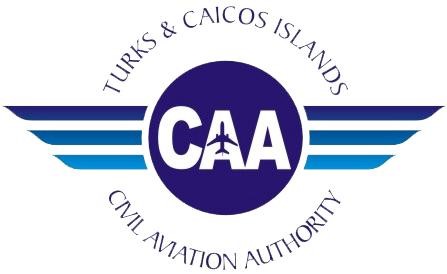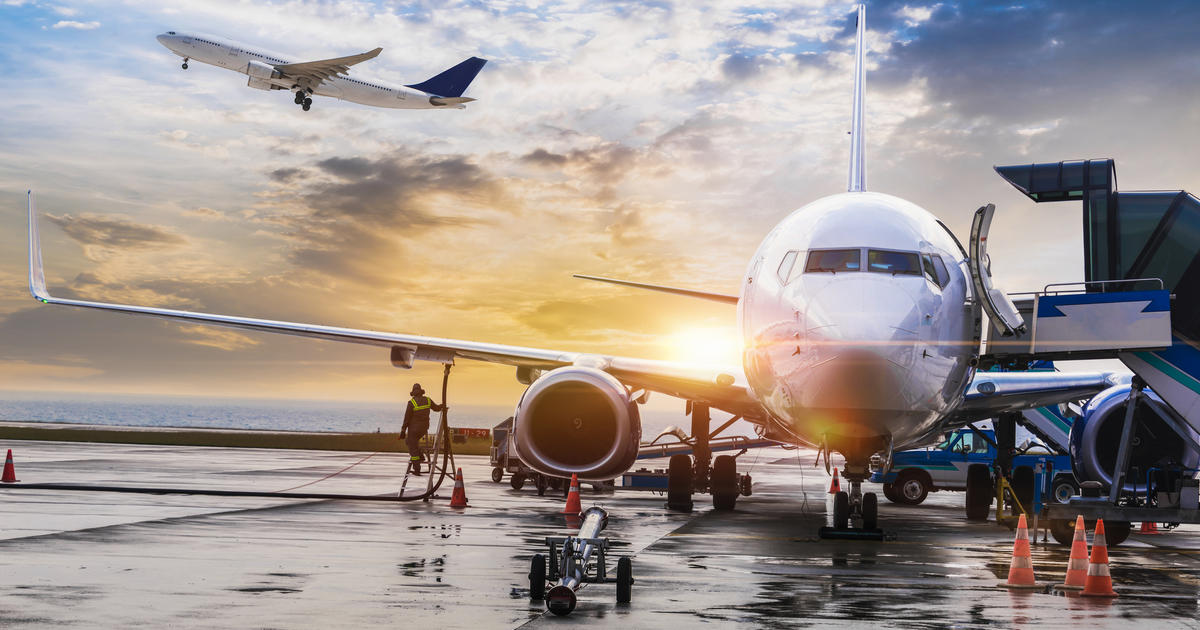Airworthiness
The airworthiness of aircraft ranges from the initial approval of a new aircraft design to ensuring an aircraft’s on-going safety standards. This enables manufacturers to gain one approval for the continent which is then recognised throughout the world.
It is then the responsibility of each national authority to oversee the continued safety standards of the aircraft registered in that country, for TCI-registered aircraft this responsibility falls to the TCICAA.
Every aircraft is provided with a time limited Certificate of Airworthiness or Permit to Fly. Each time this is renewed the aircraft is inspected to ensure it complies with the relevant safety standards. Certain modifications or changes to aircraft also require approval to ensure they do not affect overall safety.
The operators of aircraft from outside the TCI that wish to fly in TCI airspace, but whose aircraft does not hold an internationally recognised Certificate of Airworthiness or Permit to Fly, must apply in advance to the TCICAA for permission. This is often the case for some amateur built and vintage aircraft.
The requirements for the approval of maintenance organisations, the Certificate of Airworthiness and continued airworthiness responsibilities are contained within the Air Navigation (Overseas Territories) Order AN(OT)O 2013 Articles 25, 26, 27 and 34 respectively.
Certification standards for aircraft specified in Overseas Territories Aviation Requirement (OTAR) Part 21.25 largely influence the airworthiness requirements that are designed to support the original certification standard.
Continued airworthiness requirements can be found in OTAR Part 39. Operators are required by the applicable requirements of OTARs to have suitable arrangements for maintenance and continued airworthiness management by reference to OTAR Part 39.
Maintenance requirements are covered in OTAR Parts 145 and 43. The circumstances of the maintenance activity and that of the approved maintenance organisation will influence the requirement for maintenance personnel to hold an OTAR Part 66 licence.

